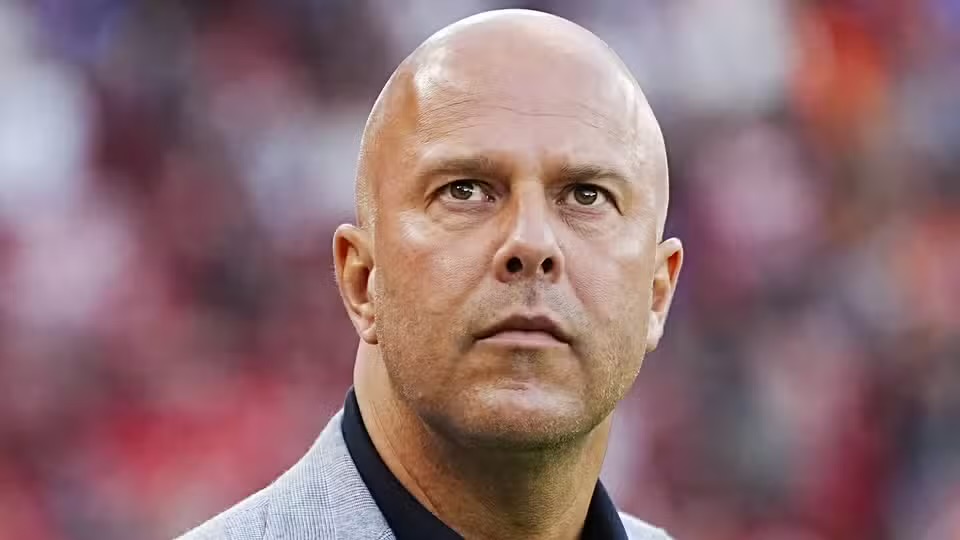Liverpool’s latest academy jewel, Rio Ngumoha, has officially signed his first professional contract with the club. However, instead of the typical long-term deal that many supporters might have anticipated, the 17-year-old winger has agreed to a carefully structured three-year agreement. This decision has sparked discussion among fans and pundits, with many eager to understand why both the player and the club chose such an approach.
Rather than being a sign of doubt or hesitation, the relatively short contract length represents the evolving realities of modern football. For young players, especially those on the brink of breaking into senior football, flexibility is often more valuable than longevity. By committing to a three-year term, Ngumoha and his representatives have ensured that he has time to establish himself at Liverpool while keeping the door open for improved negotiations once he demonstrates his full potential at the first-team level.
From Liverpool’s perspective, this arrangement is equally smart and deliberate. The club has successfully tied down one of its most promising talents without the risk of overcommitting too early. The three-year deal allows the coaching staff and management to closely monitor Ngumoha’s development, giving them the freedom to reassess his progress and reward him with more lucrative, long-term terms once he proves himself among senior professionals. It also sends a message of trust—Liverpool believes in his potential but prefers to nurture him steadily rather than rushing into a lengthy, high-value commitment.
For Ngumoha himself, this is a balanced step in his young career. At just 17, he is still finding his place in the professional game, and committing to a shorter deal gives him room to grow without unnecessary pressure. If he excels, the opportunity for renegotiation will not only boost his career prospects but also provide him with financial security far earlier than a locked-in long-term contract might have allowed. This is increasingly common in football, where highly rated teenagers and their agents prioritize career control and progression over immediate extensions.
Supporters should therefore see this contract not as a sign of uncertainty but as a strategic stepping stone. Ngumoha’s decision reflects both ambition and maturity. Liverpool has secured a gem of a prospect, while the player himself has positioned his career for flexibility and long-term success. Ultimately, this short but deliberate agreement highlights the balance between a club’s need to protect its assets and a young player’s right to safeguard his own future.


